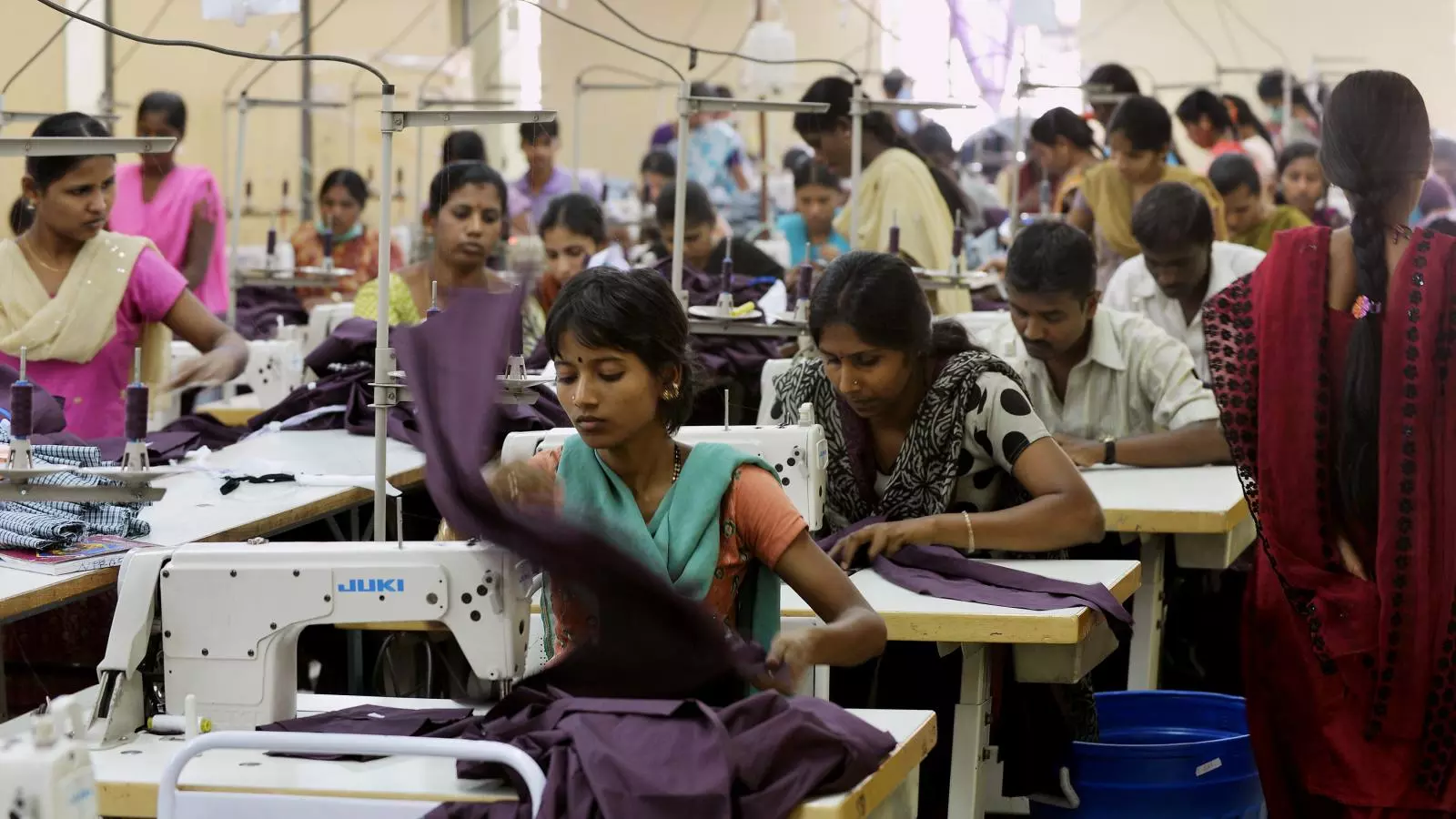
New labour codes: From gratuity after 1 year to equal pay, all you need to know
The four Labour Codes are effective from November 21, rationalising 29 existing labour laws

In a historic move, the Central government on Friday (November 21) notified the four Labour Codes introducing worker-friendly measures, including gig and platform workers, and making gratuity eligibility after just one year, instead of five, among other major reforms.
The four Labour Codes – the Code on Wages, 2019, the Industrial Relations Code, 2020, the Code on Social Security, 2020 and the Occupational Safety, Health and Working Conditions Code, 2020 are effective from November 21, rationalising 29 existing labour laws.
Also read: Labour reforms: Critics warn of risks; govt says move to modernise workforce
“By modernising labour regulations, enhancing workers' welfare and aligning the labour ecosystem with the evolving world of work, this landmark move lays the foundation for a future-ready workforce and stronger, resilient industries driving labour reforms for Aatmanirbhar Bharat,” the Ministry of Labour & Employment said in a statement.
As per the ministry, fixed-term employees will become eligible for gratuity after one year of continuous service, while women are permitted to work night shifts and in all types of work (including underground mining and heavy machinery), subject to their consent and mandatory safety measures.
Also read: Centre pushes for 12-hour work as tycoons call for 70-90 hour workweeks
Here are the benefits of the four Labour Codes across key sectors.
Gratuity after 1 year for Fixed-Term Employees (FTE)
FTEs to receive all benefits equal to permanent workers, including leave, medical, and social security.
Gratuity eligibility after just one year, instead of five.
Equal wages as permanent staff, increasing income and protection.
Also read: Labour Codes, India’s most important reforms, says Andhra CM Naidu
Formalisation of employment
Mandatory appointment letters to all workers.
Written proof will ensure transparency, job security, and fixed employment.
Gig and platform workers
‘Gig work’, ‘Platform work’, and ‘Aggregators’ have been defined for the first time.
Aggregators must contribute 1-2 per cent of the annual turnover, capped at 5 per cent of the amount paid/payable to gig and platform workers.
Aadhaar-linked Universal Account Number will make welfare benefits easy to access, fully portable, and available across states, regardless of migration.
Under Code on Social Security, 2020 all workers including gig & platform workers to get social security coverage.
All workers will get PF, ESIC, insurance, and other social security benefits.
Contract workers
Fixed-term employees (FTE) will increase employability and ensure social security, legal protection like benefits equal to permanent employees.
Fixed-term employees will become eligible for gratuity after one year of continuous service.
Principal employer will provide health benefits and social security benefits to contract workers.
Workers to get free annual health check-up.
Women workers
Gender discrimination legally prohibited.
Equal pay for equal work ensured.
Women are permitted to work night shifts and in all types of work (including underground mining and heavy machinery), subject to their consent and mandatory safety measures.
Mandatory women’s representation in grievance redressal committees.
Provision to add parents-in-law in Family Definition of Female employees, expanding dependent coverage and ensuring inclusivity.
Women are permitted to work at night and in all types of work across all establishments, subject to their consent and required safety measures.
Women will get equal opportunities to earn higher incomes – in high paying job roles.
Youth workers
Minimum wage is guaranteed for all workers.
All workers to get appointment letters – promoting social security, employment history and formal employment.
Worker exploitation by employers is prohibited – payment of wages during leave has been made mandatory.
To ensure a decent standard of living, workers will receive wages as per the floor wage determined by the Central government.
MSME workers
All MSME workers covered under the Social Security Code, 2020, eligibility based on employee count.
Minimum wage guaranteed for all workers.
Workers will have access to facilities such as canteens, drinking water, and rest areas.
Provisions for standard working hours, double overtime wages, and paid leave.
Preventive healthcare
Employers must provide all workers above the age of 40 years with a free annual health check-up.
Promote a timely preventive healthcare culture.
Audio-visual and digital media workers
Digital and audio-visual workers, including journalists in electronic media, dubbing artists, and stunt persons will now receive full benefits.
Mandatory appointment letter for all workers, clearly stating their designation, wages, and social security entitlements.
Timely payment of wages ensured.
Overtime Work beyond prescribed hours, to be consent-based and pay at least double the normal wage rate.
Other reforms include the following
National Floor Wage to ensure no worker receives a wage below the minimum living standard.
Gender-neutral pay and job opportunities, explicitly prohibiting discrimination – including against transgender persons.
Inspector-cum-Facilitator system, shifting enforcement towards guidance, awareness and compliance support rather than punitive action.
Faster and predictable dispute resolution, with two-member Industrial Tribunals and the option to approach tribunals directly after conciliation.
Single registration, single licence and single return across safety and working-conditions requirements, replacing multiple overlapping filings.
National OSH Board to set harmonised safety and health standards across sectors.
Mandatory safety committees in establishments with 500-plus workers, improving workplace accountability.
Higher factory applicability limits, easing regulatory burden for small units while retaining full safeguards for workers.

